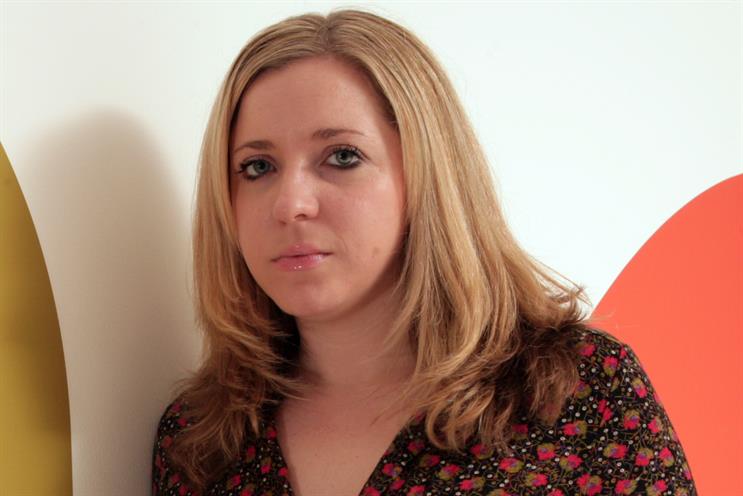
The WPP boss, Sir Martin Sorrell, clearly revels in the notion that his views on Facebook and Twitter are somewhat controversial. "I get myself in deep doo-doo when I say this…" he began recently in a magazine interview, before reiterating his belief that Facebook is more of a branding platform than an advertising medium.
He went on to say similar things, with a similarly artful preamble, about Twitter: "I’m going to get myself shot again. I think it’s a PR medium… it’s very effective word of mouth. If you look at the Olympics in London, the big winner was Twitter. It wasn’t Facebook. It wasn’t even Google. We did analyses of the Twitter feeds every day and it’s very, very potent.
"But – and this is the old fart speaking – I think because it’s limited in terms of number of characters, it reduces communication to superficialities and lacks depth."
Sorrell’s timing was equally mischievous. His comments came days after Twitter launched its advertising API – a new software interface that will make it easier to run sophisticated ad campaigns on the platform. Until now, campaigns on Twitter have been managed manually. Not only does the new API automate much of the workflow, its launch gives marketers more flexibility, working in conjunction with five initial advertising API partners: Adobe, HootSuite, Salesforce.com, Shift and TBG Digital.
This could pave the way for a significant acceleration in Twitter’s ad revenue. It took in $350 million (£230 million) last year – and it’s expected to swell to $1 billion (£658 million) by 2014. And, of course, there’s a lot riding on this, not least the timing of a public flotation of the company within the next couple of years.
Analysts would like to believe Twitter is now on the same sort of curve as Facebook was a few years back. Facebook’s advertising API launched in August 2011. In 2010, its revenues were $1.9 billion. In 2011, that figure grew to $3.7 billion, then $5 billion in 2012.
If Sorrell is right, however, the market’s hopes for Twitter as a commercial opportunity are likely to fall short. So, is Sorrell correct about Twitter being better-suited to PR than advertising?

NO Amy Kean, head of consumer innovation, Havas Media

NO Nathalie Coulibeuf, social media director, PHD

NO David Gilbert, media director, We Are Social


